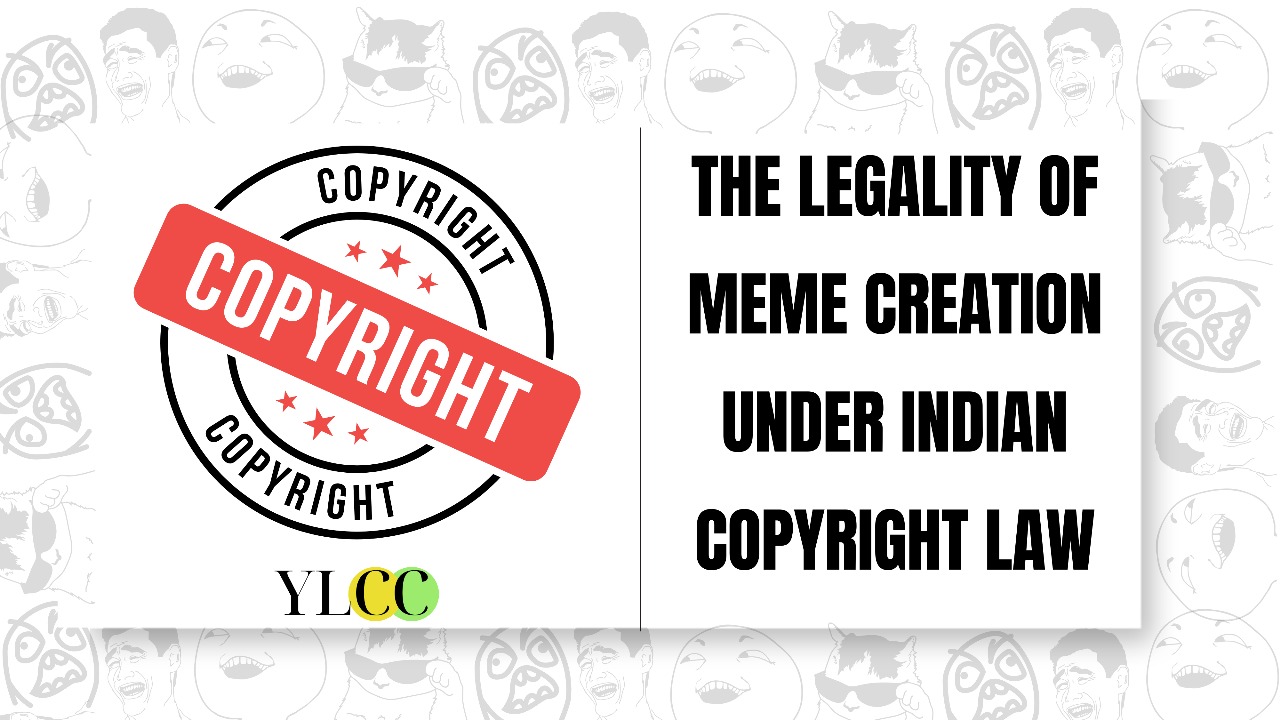
Introduction
Sports Contracts play a valuable role in ensuring transparency & accountability of the provisions governing the services of a professional athlete. However, sports contracts encompass various domains, and while sports contracts are regarded as public in nature, it also involves personal financial & economic interests of various stakeholders involved in the sports community.[1] Thus, it is imperative to understand & analyse the factors that a sports contract involves, and the types of sports contracts mainly entered into by different parties. This article shall be elaborating on the types of contracts governed under sports law.
Essentials of a Sports Contract
Sports Contracts are mutually exclusive terms & conditions entered into between the parties, much like a regular contract. A Sports Contract binds two or more parties that entered into the same. A regular sports contract typically defines and lays down the rights and obligations of various contractual parties in the business of sports.[2]
There are various essential elements for entering into an agreement under sports law-
- Agreement- In order to validate a contract under sports law, it is essential that there must be an offer, and the offer must be accepted by the contracting party. In case the offer is not accepted, it can also be rejected, or a counter offer can be made.[3]
- Competency of Parties- While it is a part of general parlance that contracts are entered between parties of majority age, in the domain of contracts governed by sports law, minority poses itself as a contentious issue, as various sporting events have minors participating in them. However, the resultant contract entered is declared null and void, hence placing the parties in the same situation as before.[4]
- Assent/Consent of Parties- Assent or consent of those involved with an understanding should be certifiable and intentional. This consent won’t be certified or intentional in specific instances of misstep, double dealing or unnecessary tension or coercion. The arrangement of parties might be influenced by the way that either of them committed an error in entering the terms of contract. An unilateral error is a slip-up by one party to the understanding. A mistake that is obscure to the next party typically doesn’t influence the enforceability of the arrangement.
- Consideration- Consideration is the sum or demand made in exchange of services offered by sportspersons, or other entities involved in the contract. Consideration comprises something that the parties are entitled to in exchange for services/goods, etc. It can be construed as the price paid for the services. Consideration in sports related contracts do not need to be only monetary remuneration.
- Lawful Purpose- Contract must be made for a lawful purpose, and must not involve an element of unlawfulness. Sports contracts that have illegal objectives, or objectives that contravene public policy are void. Sports related disputes often stem from void & illegal contracts[5].
Types of Sports Contracts
There are various types of Sports Contracts-
- Professional Service Contracts- These contracts are signed between athletes & sports clubs or entities, wherein athletes are inducted into sports organizations. These generally have a boilerplate form, or a standardized form wherein formal language is used. In contracts such as Professional Service Contracts, which include a boilerplate clause, the content can be reused without making any major changes in it.[6]
- Endorsement Contracts- Independent Contracts in nature, endorsement contracts are contracts that do not formally require a relationship of employee-employer. Such contracts lay down the sponsors rights & obligations.[7]
- Appearance Contracts- In appearance contracts, players get paid for their appearance at events, conducted by sports organizations, institutes, & companies. It includes the appearance of players in tournaments, competitions, camps, etc. [8]
- Insurance Agreements- Also known as Insurance Agreements, these cover events that involve causes for indemnification of players in case of injuries, or accidents. These contracts are imperative in order to ensure the safety of players & athletes.[9]
- Agency Contracts- These are contracts entered into between agents & sports persons being represented by agents. Agents help in managing financial & professional aspects of the athlete’s life.[10]
Conclusion
Thus, there are several types of contracts governed under sports law. All these contracts help to regulate relations between sportspersons & other entities, and help to make several aspects pertaining to the functioning of aspects of sports in general. Care must be taken to ensure that contracts are carefully drafted as otherwise in case of a nullity, either an athlete or sports corporation or both could incur heavy losses.
[1] Sports Contracts-Basic Principles, sportslaw.uslegal.com, available at https://sportslaw.uslegal.com/sports-agents-and-contracts/sports-contracts-basic-principles/
[2] Avinandan Chattopadhyay, Regulation and Liabilities of Parties in Sports Contract, Social Science Research Network, file:///C:/Users/HP/Downloads/SSRN-id2145520.pdf (last visited on Jul., 17, 2020).
[3] Supra Note 1
[4] Ibid
[5] Supra Note 1
[6] James Chen, Boilerplate, Investopedia (Sep., 03, 2019), https://www.investopedia.com/terms/b/boilerplate.asp
[7] Roshan Gopalakrishna & Vidya Narayanaswamy, Sponsorship Contracts – Reasonableness of Contractual Restraints, The Sports Law and Policy Centre (Feb., 10, 2011), https://sportslaw.in/home/2011/02/10/sponsorship-contracts-reasonableness-of-contractual-restraints/.
[8] Farleys: Solicitors LLP, Sports Contracts and Agreements, Farleys, https://www.farleys.com/solicitors-for-you/sports-law-for-individuals/sports-contracts-and-agreements/ (last visited on Jul., 19, 2020).
[9] Contracts & Sports Law in India, ssrana.in, available at https://ssrana.in/ufaqs/contracts-sports-la/
[10] Ibid
YLCC would like to thank Tamanna Gupta for her valuable inputs in this article.







